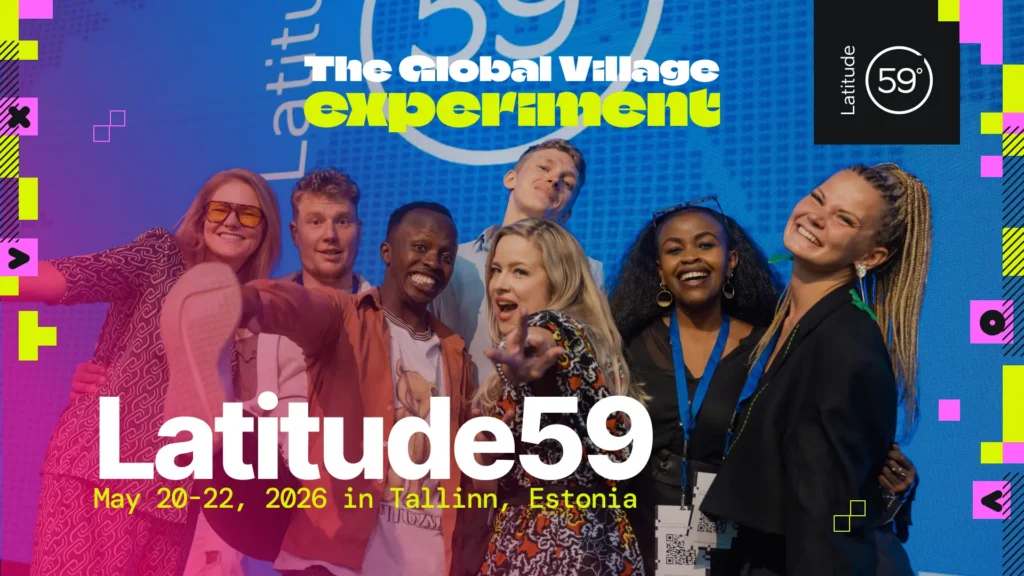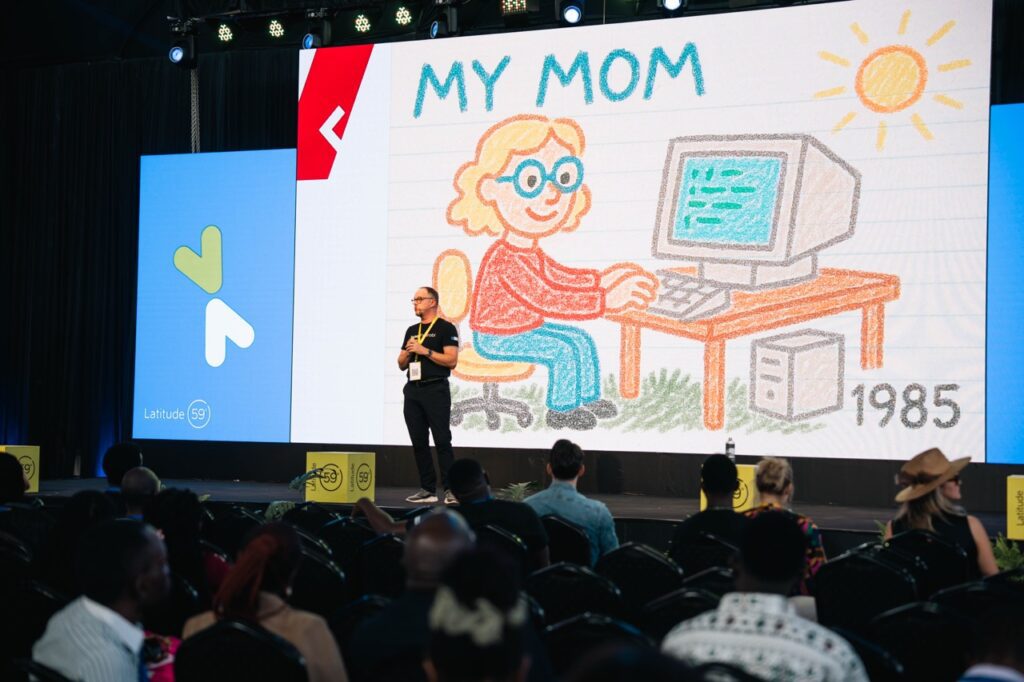As we are counting down to L59 2020, it’s time to get to know the people who are there for startups throughout the L59 week – the mentors.
Meet Eli Schwartz – Growth Consultant and Advisor. Eli is an SEO expert and consultant with more than a decade of experience driving successful SEO and growth programs for leading B2B and B2C companies. He helps clients like Shutterstock, BlueNile, Quora, Getaround, Mixpanel, and Zendesk build and execute Global SEO strategies that dramatically increase their organic visibility at scale.
Kristen Davis is a consultant and advisor at CinqC. Kristen provides pragmatic expertise in strategy, adapting and integrating new technologies & techniques to start-ups and established organisations that: need to quickly get their product to market, see their market disrupted and their revenues eroded, want to take their organisation outside of its comfort zone, have to evolve or expand to remain robust and pertinent today and tomorrow.
And Julius Bachmann who is a founder coach, venture capital advisor and musician based in Berlin. As a Partner at Volate, he works with European founders on tackling personal, organisational & business growth topics. He serves as an advisor to the European Commission and Joyance Partners, a US early fund focused on health and happiness.
What do you think is most challenging about mentoring in general?
Eli: From a mentor standpoint, you feel like you can only lead a person in the direction they should go but the actions are totally up to them. If they don’t believe your opinion and/or experience they aren’t going to take action on your advice. Otherwise, I find mentoring to be incredibly rewarding and I have met so many interesting people.
Julius: The single biggest challenge is avoiding advice without providing context: if mentoring means imposing my opinion on a founder, I have succumbed to a lose-lose game. My experiences are shaped in a unique context. It is my responsibility to help the founder derive his or her own solutions.
Kristen: I feel there are 2 essential keys to mentoring: Quickly and accurately assessing the context and person/team you’re working with in order to create a trust bond between you – the foundation for any mentoring relationship, and giving the most pertinent and pragmatic advice possible – something the person I’m working with will be able to envisage themselves doing and feel empowered to try. It requires deep listening and careful questioning.
Not only does my counsel have to be feasible but it must also be relatable – it must connect to the individual and the objective they’re trying to achieve or problem they have to solve. This sounds obvious but sometimes guiding a person down the most efficient path is not the right route for them – what seems rational to me might not seem that way for you. Coaching and mentoring is about helping people understand the Why as well as the How so as to increase their confidence and autonomy in deciding What to do next.
So far, what has been the most rewarding part about mentoring for you?
Eli: I once had the opportunity to mentor someone who was looking to make a change in her career. We discussed the different directions she could take and as the result of one conversation, she quit her job and pursued finding what she believed would truly be her dream job.
Julius: I try to engage mentees as a coach: The most rewarding moment is to observe when an entrepreneur finds her own solution through self-reflection, personal growth – guided by the right questions.
Kristen: When I’m able to empower someone to put themselves outside of their comfort zone just enough to keep them moving forward but not so far as to paralyse them so I see them creating confidence in themselves to do new things, to take risks and then starting to integrate this forward momentum as a new behaviour. The transformation is often powerful and it strengthens the trust bond so we can work on bigger challenges. However, by far the most rewarding part about mentoring is the relationships I form with the people I work with and all that I learn from them too.
Best professional advice you have heard yourself?
Eli: I once heard someone say decide where you want to be in 5 years from now and take action today based on that goal. I thought that was one of the wisest things I ever heard. With this goal in mind, you will be sure you are always playing the long game.
Julius: How do you face your challenges, your life, your personal growth? How do you engage with others every day? At the core, it is about having a positive attitude. I am a musician myself, so I am going with Miles Davis, who once said: “Anybody can play. The note is only 20 per cent. The attitude of the motherfucker who plays it is 80 per cent.”
Kristen: A coach many years back had me study some of my most painful personal and professional experiences. In doing this I realised they were also my most valuable learning experiences and ever since I’ve been studying the art of how to fail well and made myself an ambassador for failing well and making great mistakes. It’s given me deep insight into human nature and made me embrace and enjoy taking risks. I’ve had a lot more fun and learned a lot more as a result.
Besides mentoring, how can startups help themselves work through roadblocks?
Eli: Startups should not just rely on outsiders to help through roadblocks. They should experiment as much as possible and keep their eyes and minds open for interesting learnings on every action they take. They may make a mistake but at least it was an opportunity to learn.
Julius: Leverage the power of communities – this could be the other founders in your investor’s portfolio or founders in your city. Also, get an unbiased outside sparrings partner. This could be your “personal advisory board” or a coach with venture experience.
Kristen: By dialling up the cognitive diversity in their team and from the people they surround themselves with and look to for counsel and support. In order to get through, or better still, avoid roadblocks, you need as many diverse perspectives, experiences and learning/thinking styles in your team as possible. Cognitive diversity is the secret ingredient to collective intelligence so do everything you can to get it.
This time around Latitude59 comes with our first-ever mentoring roundtables.
What this means:
- Each startup ticket holder can apply for up to 3 roundtable sessions. It works for both online-only as well as for regular startup tickets.
- Each roundtable will run 50 minutes and have up to 8 participants tackling similar challenge
- All roundtable discussions take place online, in Zoom, between 24-28 August
- Each roundtable will be led by top mentors from Latitude59 network and beyond
Get your startup ticket before 31 July to secure your mentor sessions before everyone else.



